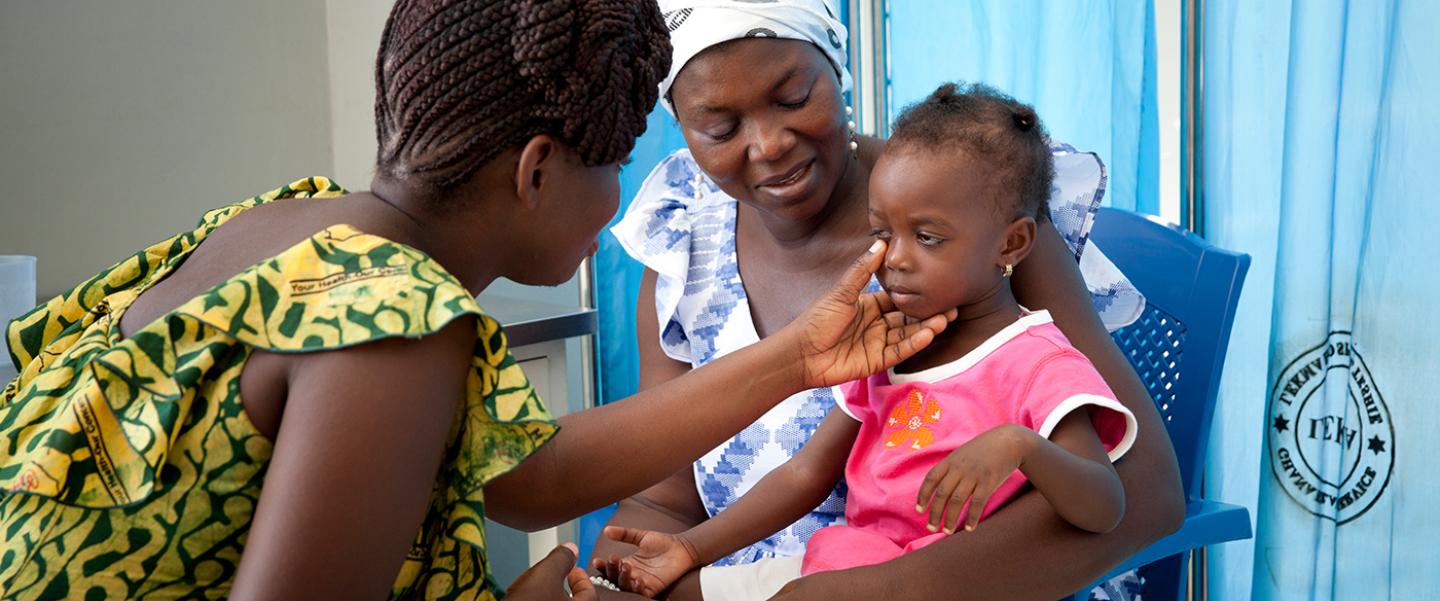 Abt Global’s Strengthening Health Outcomes through the Private Sector (SHOPS) project was USAID’s flagship initiative in private sector health. The five-year project, which ended in 2016, worked to involve nongovernmental organizations and for-profit entities to address the many health needs of people in the developing world.
Abt Global’s Strengthening Health Outcomes through the Private Sector (SHOPS) project was USAID’s flagship initiative in private sector health. The five-year project, which ended in 2016, worked to involve nongovernmental organizations and for-profit entities to address the many health needs of people in the developing world.
Abt is leading SHOPS Plus, the follow-on project to SHOPS.
SHOPS focused on increasing availability, improving quality, and expanding coverage of essential health products and services in family planning and reproductive health, maternal and child health, HIV and AIDS, and other areas through the private sector.
The agreement, awarded to Abt Global as the lead, included five partners: Banyan Global, O’Hanlon Health Consulting, Jhpiego, Marie Stopes International, and Monitor Group.
SHOPS built on USAID’s decades of support for leadership in private health sector programming and on the work of its predecessor projects, Private Sector Partnerships-One and Banking on Health, both led by Abt.
SHOPS offered its services in the following technical areas to harness and direct private sector efforts to achieve health outcomes in family planning, maternal and child health, HIV and AIDS, and other health areas:
- Assessments – conducted analysis of the private health sector landscape to better understand the role played by the private sector in a country and identified areas for partnership;
- Behavior change communication – promotied healthy behaviors and overcame barriers to change among the general public and private health care providers;
- Health financing – increased access to health services for the poor through a variety of financing options including vouchers, contracting, and insurance;
- mHealth – used mobile technology to improve health outcomes;
- NGO sustainability – strengthened the capacity of organizations to be financially independent and built organizational, technical, and human competencies;
- Pharmaceutical partnerships – introduced new products and expanding markets through social marketing and partnerships with manufacturers;
- Policy – promoted policy dialogue, reform, and regulatory change to enhance the climate for the private health sector;
- Provider access to finance – worked with financial institutions to increase lending to private providers while strengthening their business skills;
- Provider networks – made provider networks stronger and more effective; and
- Quality improvement – improved the quality of products and services in the private sector.
